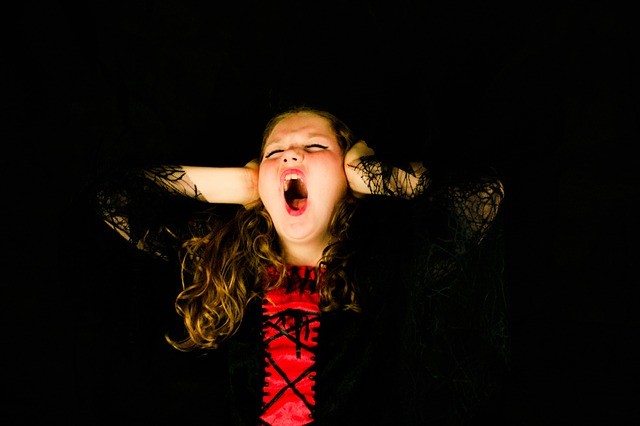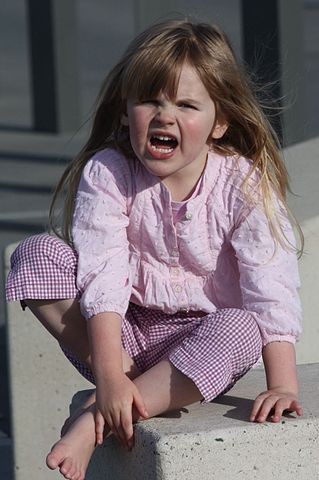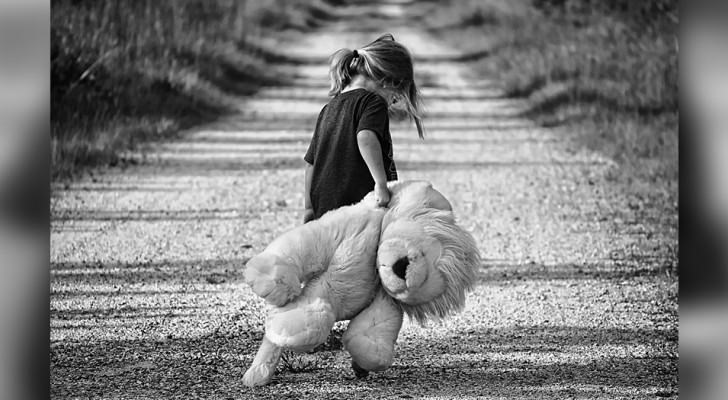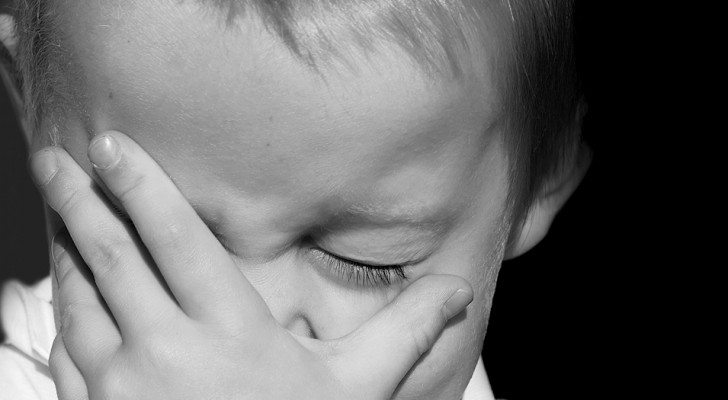A very effective technique that uses 5 questions to teach children how to manage their anger

Most parents know this situation well, namely, when their children get angry and act out, often for no apparent reason, and give rise to moments of real chaos.
In fact, just like adults, also children can have moments in which it is difficult for them to hold back their anger.
Unlike adults, however, they are not always able to manage their anger, and this means that it can become uncontrollable.
Without thinking of treating children's anger with the same tools that are used with adults, it is still advisable to keep in mind a useful strategy.
In fact, there is a very effective technique that can be presented as a question game, which consists of just five questions. Let's see how it works.
via Psychology Today

Like all the feelings that human beings experience, anger also has its origin, its development, and its mode of expression. Identifying anger is, therefore, also appropriate for children. Here is what you can ask your child if they are going to get angry or if they are already angry, to help them manage anger better.
1. What is anger?
It is important to ask them to recognize various emotions. Identifying anger with experiences, actions or lived events is a useful first step in framing the problem, as is the fact of identifying oneself with one's feelings.
2. What makes me angry?
Once the anger is identified as an emotion, it is necessary to understand what it is that makes it manifest itself. For a child, the list can be numerous such as disagreements with their peers, reprimands from their parents, broken or stolen toys, etc. These are all reasons for frustration and anger that must be distinguished from shame, jealousy, and other feelings.
3. What do I notice about my body when I get angry?
It is important to make the child reflect on what happens to their body at the moment right before their anger explodes. This awareness is necessary so that the child will be able to understand what is happening and act in time.

4. What do I do when I get angry?
Emotions and behaviors are two distinct spheres. Children are not always able to separate them, but it is essential that they associate certain "angry" behaviors with the true feelings of anger they feel in those moments. Thus, they will be able to understand if they have exceeded certain limits by perhaps acting violently or shouting.
5. What can I do when I'm angry?
Once the emotion has been identified, it is necessary to know how to manage it. When anger is exploding, it is important to move away - even physically - from it. Finding a quiet place and waiting for their anger to calm down is the first step. Next, breathing and trying to relax and doing activities that make their mind go elsewhere for a while are other things we can suggest to children.

Obviously, all these techniques and strategies must be adapted to each individual case, as well as to the age of the child.
In fact, the differences in age, in the first years of life, are fundamental because they totally change the way a child reacts and manages their emotions.
For parents, then, it is useful to remember not to repress the anger that children feel on principle. At that moment, they are manifesting an emotion, and it is permissible for them to do so.
What we need to act on is the behavior they adopt while they are angry. If you try to shout or behave more violently than them, you will not obtain good results.
If a parent gets angry or shouts every time their child does something they do not like, the child will understand that reacting like this is absolutely normal, and will do so as soon as possible!
Therefore, just like reading or writing, for parents teaching their children how to manage emotions is a fundamental step toward raising their children in the best possible way. In this way, their children can grow up to be calm, secure, and reasonable people.





